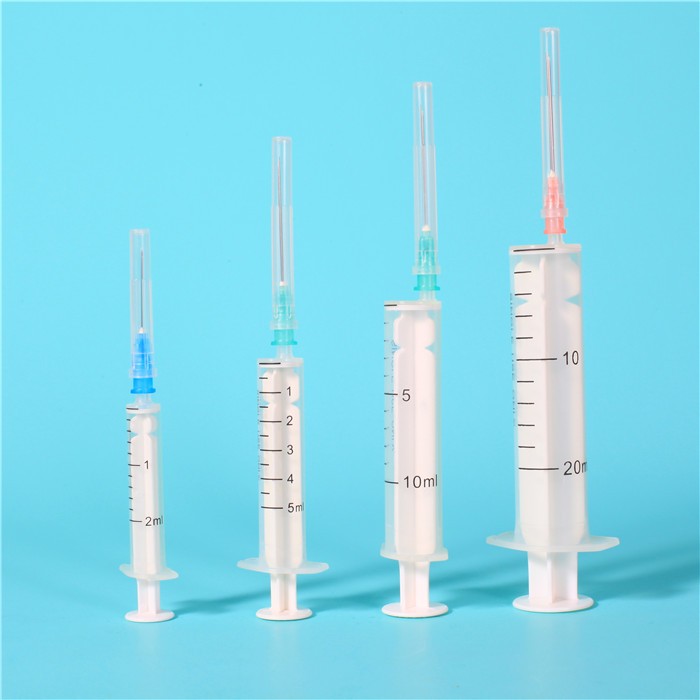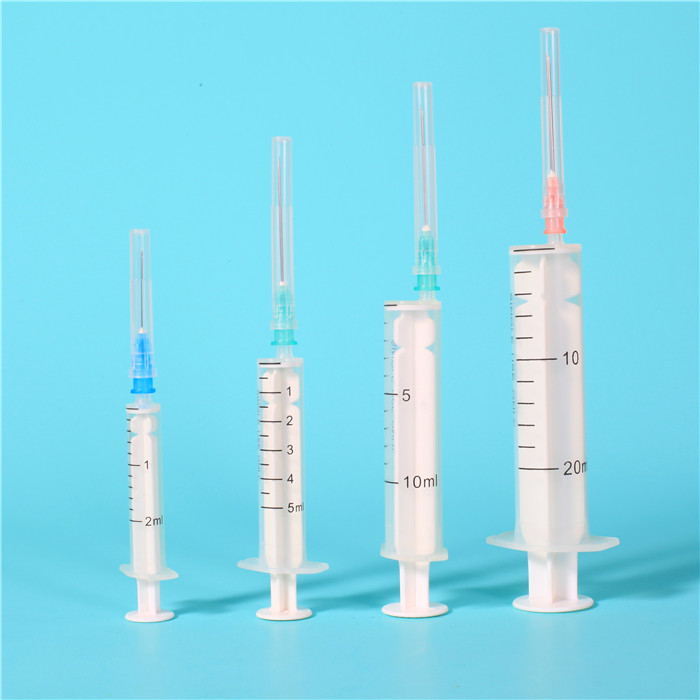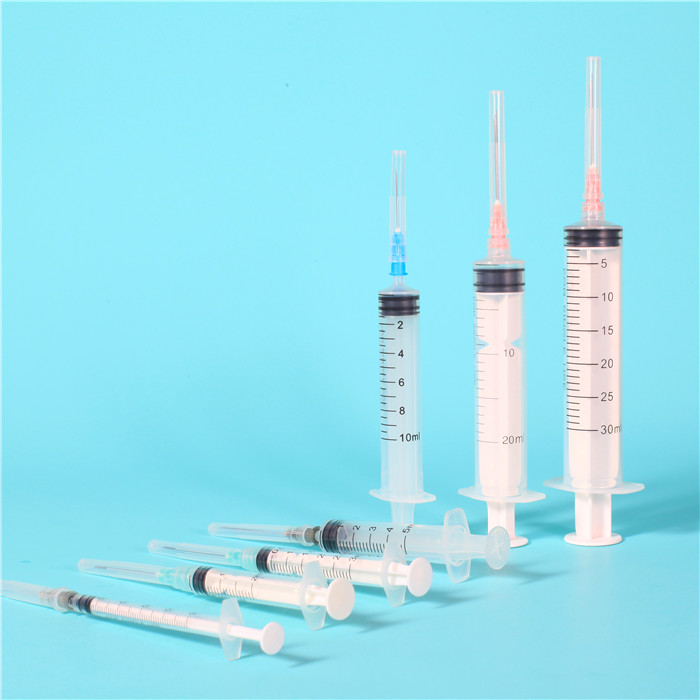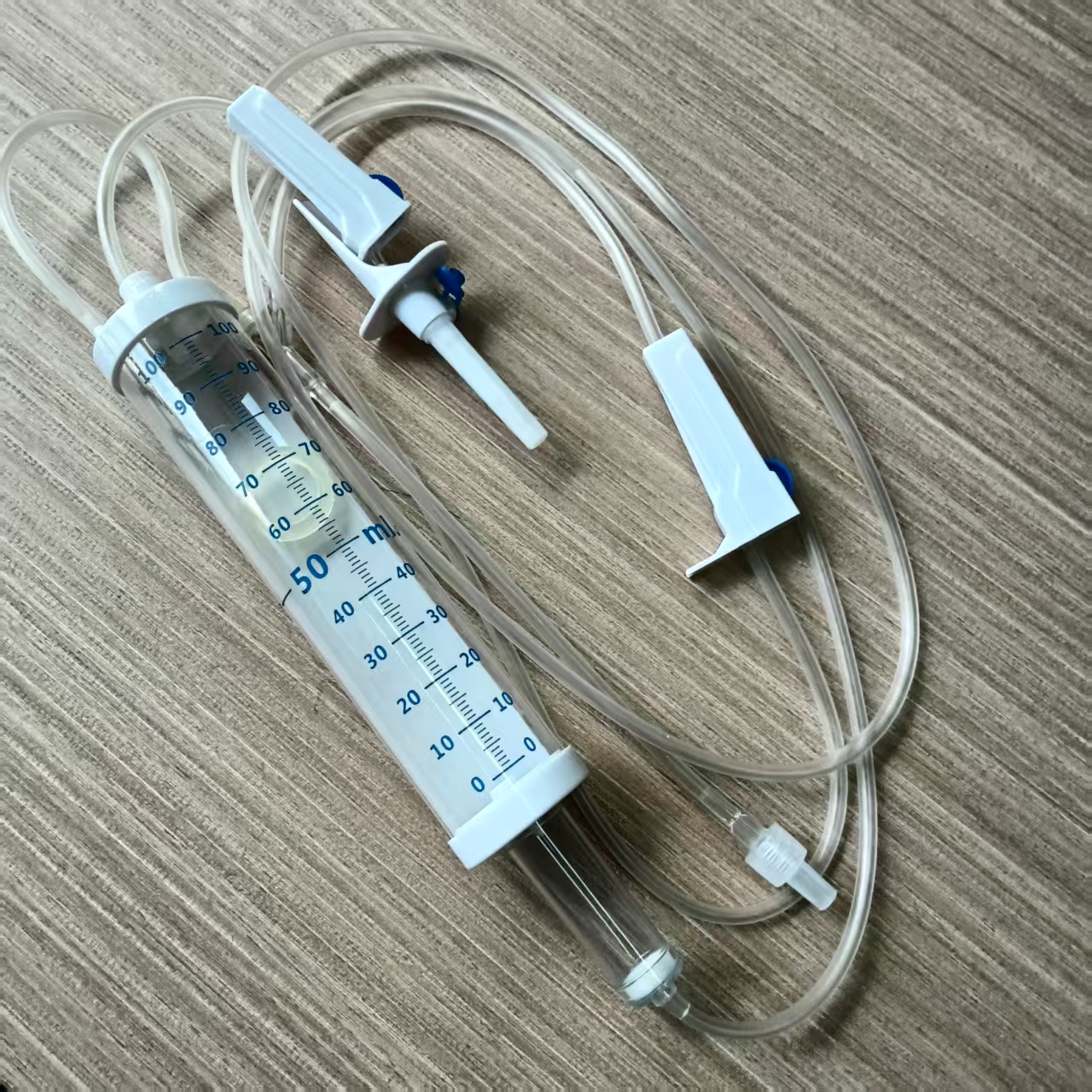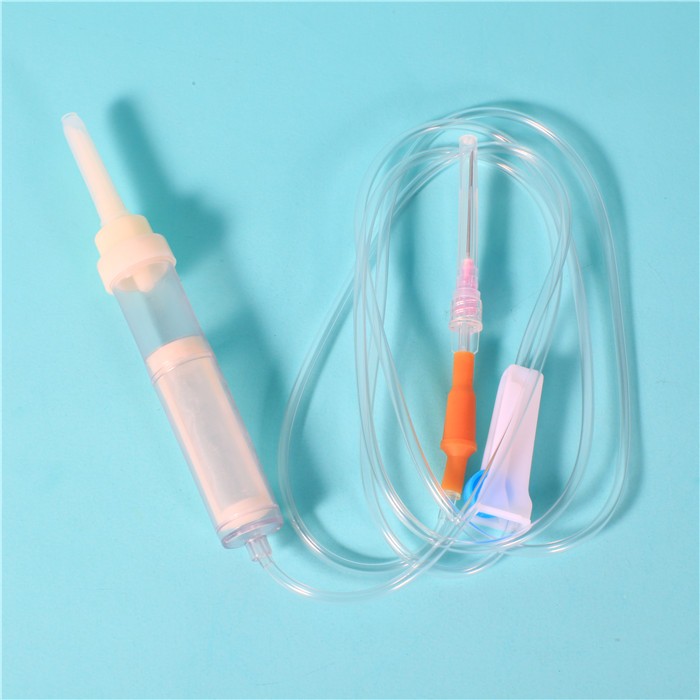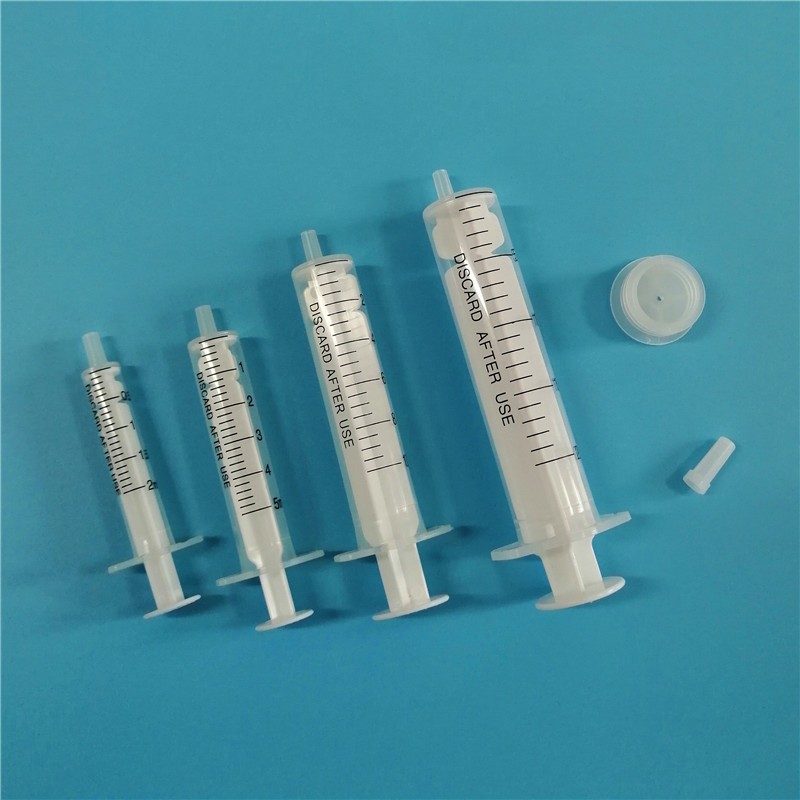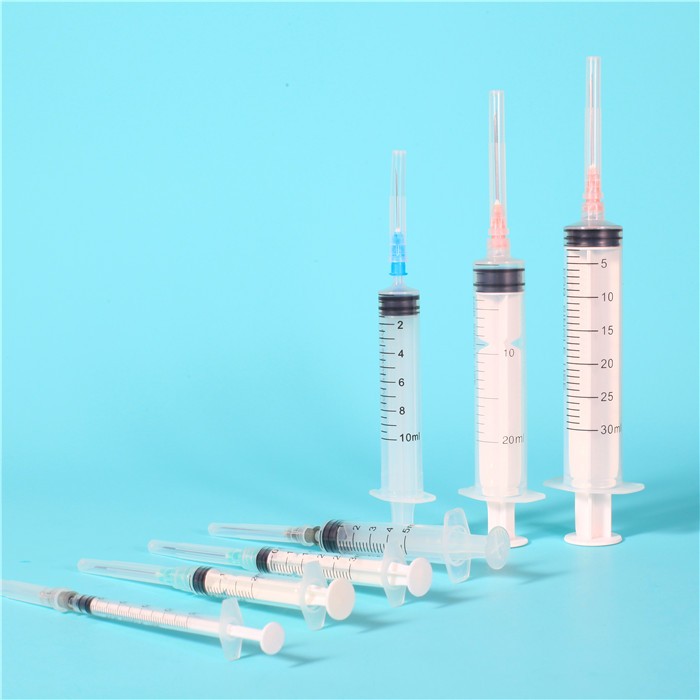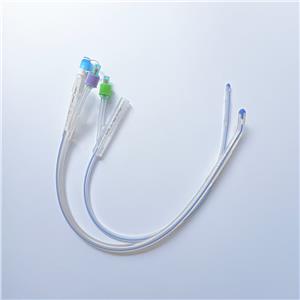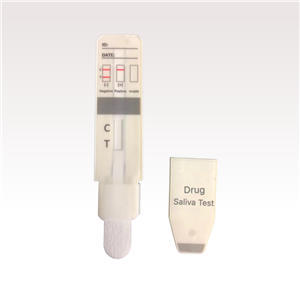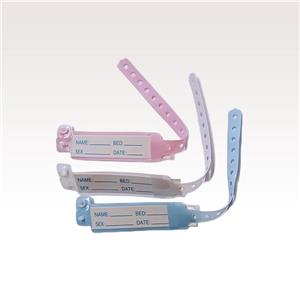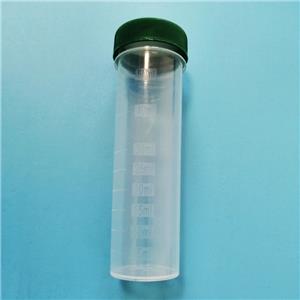Disposable Luer Slip Injection Syringe

- None
- Made in China
- According to quantity
- 500,000 pcs/month
1, Effective communication and prompt response.
2, High quality products support you to win your market.
3, Commit to new and innovative technology to meet latest market demand.
4, Develop new and unique products with you.
5, Any suggestions for our products and price, etc. are welcomed
Disposable Syringe Series
Types: Two-parts or three-parts, Luer slip or luer lock
Specification:1ml,3ml, 5ml, 10ml, 20ml, 30ml, 50ml, 60ml, 100ml
Needle size: 16G to 30G
Sanitary standard and quality in accordance with the CE, FDA, ISO13485 standards
Packing: PE package, paper-plastic package, Laminated film with dialyzing paper package, Blister package
OEM can be arranged
Disposable syringe handling regulations
Disposable syringes cannot be discarded at will after use. General hospitals have certain regulations for the use of syringes. The specific systems generally include the following points.
1. The inoculation unit should have a person responsible for the disinfection and destruction of disposable syringes.
2. Establish a disposable syringe to transfer or purchase, use, destroy records, the records should be fully recorded, and the accounts are consistent.
3. Vaccination should use a disposable syringe.
4, the use of disposable syringes for vaccination, must strictly implement the "one person, one needle, one tube, one use and one destruction" system.
5. When using the disposable syringe, the staff of the primary inoculation unit should check whether the syringe packaging is intact and the product has been damaged or has expired within the validity period.
6. When the inoculation is completed, the disposable syringe should be placed in a puncture-proof safety collection container (safety box) made of solid material and handed in before the next inoculation. Do not reuse disposable syringes.
7. After use, the disposable syringe can be destroyed by the destroyer, or the needle and the syringe can be separated by manual destruction. The needle can be directly placed into the stab-resistant container or bent with a pliers 90 degrees or more, and the syringe is clamped with pliers. The nipple is immersed for more than 60 minutes with a disinfectant containing 1000 mg/L of available chlorine.
Finally, a unified treatment for destruction, incineration or burial is used to ensure the one-time use of the syringe.

